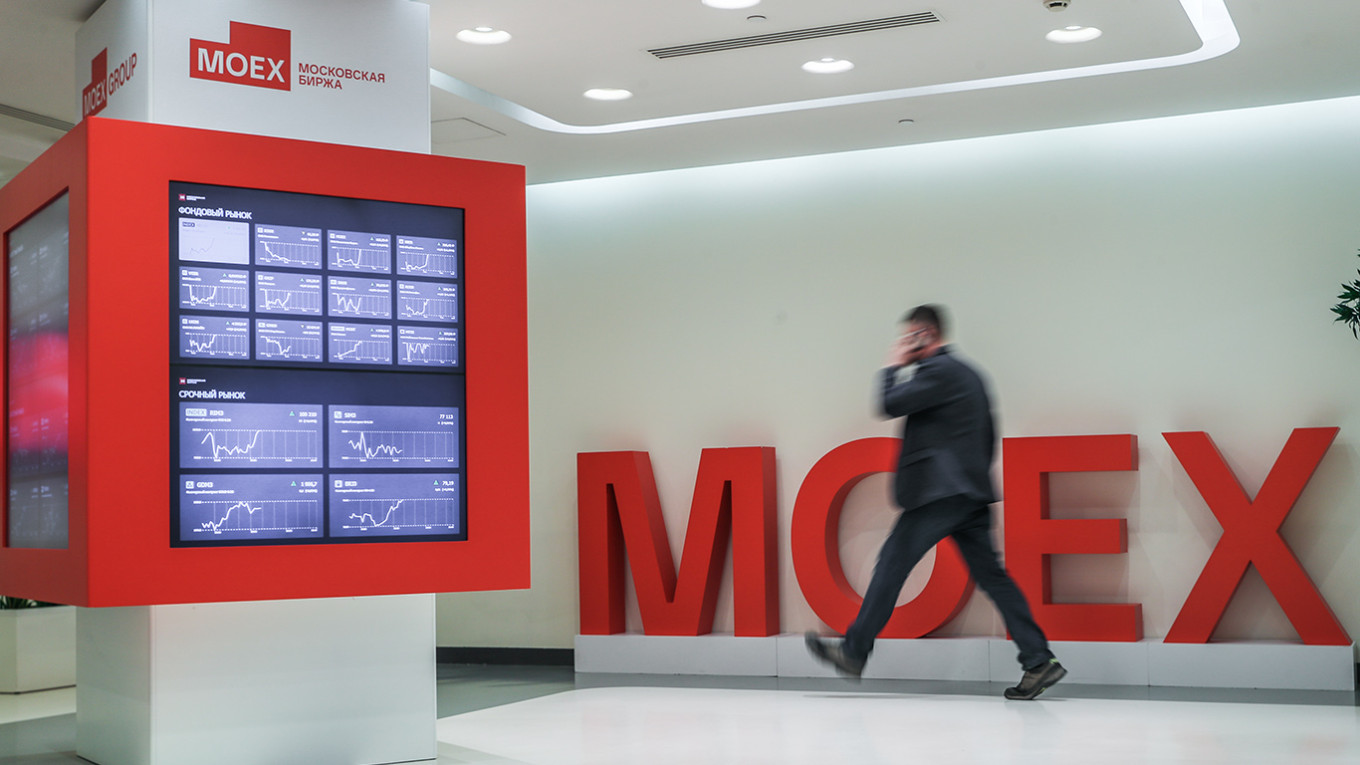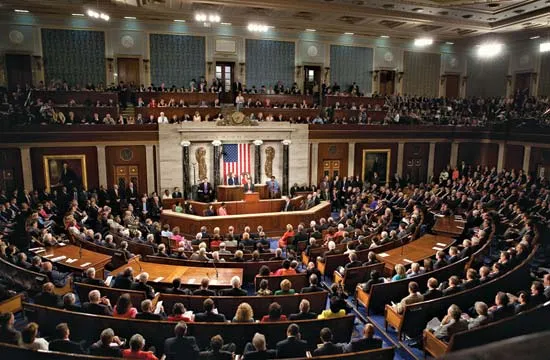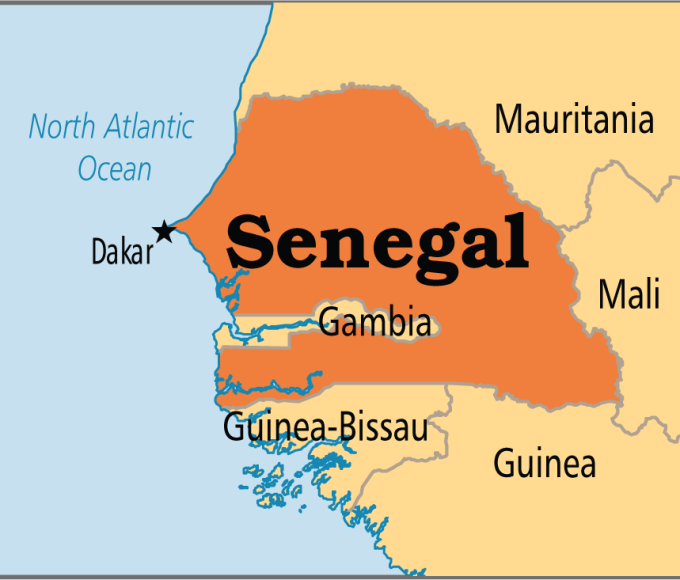
The Moscow Exchange halted trading in U.S. dollars and euros on Thursday following new U.S. sanctions aimed at disrupting Russia’s financial capabilities in its ongoing conflict with Ukraine. The move came as part of a broader set of restrictions targeting over 300 entities to cut off funds to Moscow.
In response to the sanctions, the Russian Central Bank announced it would suspend morning trading on the Moscow Exchange’s foreign exchange, precious metals, and derivatives markets starting Friday until further notice. The National Clearing Center, which facilitates foreign exchange transactions, was also sanctioned.
“Due to the introduction of restrictive measures by the United States against the Moscow Exchange Group… trading on the Moscow Exchange markets will be conducted… with the exception of instruments with settlements in U.S. dollars and euros,” the exchange stated.
The U.S. Treasury Department’s expanded sanctions seek to choke money flow to Russia, affecting entities in Russia and countries like China, Turkey, and the United Arab Emirates. The sanctions will be fully implemented by August 13.
Despite these restrictions, Russian companies and individuals can still trade in dollars and euros through domestic banks, and the Central Bank assured that foreign currency deposits would remain unaffected.
Experts believe the sanctions will not significantly impact the ruble’s exchange rate. Sofia Donets, chief economist at T-Bank Investments, expects the ruble-dollar rate to stay within the 90-95 rubles per USD range. However, increased volatility is anticipated, as noted by Bloomberg’s chief economist for Russia, Alexander Isakov.
The sanctions have reduced competition within the currency conversion market, potentially allowing banks to increase their profit margins. The Moscow Exchange index saw a 3.5-4% decline at the opening of trading on Thursday, with the exchange’s shares dropping by 15%.
Brics News also reported on Thursday that Chinese Yuan was the most traded foreign currency on Russia’s Moscow Stock Exchange after halting all US Dollar and Euro transactions.
Read more: Chinese Automakers Surpass U.S. Counterparts In Global Sales For First Time
About The Author
Related Articles
US Security Narrative Shifts from Terrorism to Mining in Nigeria
A new bill introduced in the United States Congress is drawing attention...
ByWest Africa WeeklyFebruary 12, 2026Galatasaray Ready to Sell Osimhen if Barcelona Meet €80m Valuation
Victor Osimhen could be on the move again as Spanish giants Barcelona...
ByWest Africa WeeklyFebruary 12, 2026Senegal Unveils $100m Onshore Oil and Gas Plan After Revoking Idle Licenses
Senegal is moving ahead with a new $100 million onshore oil and...
ByWest Africa WeeklyFebruary 12, 2026Ghana’s Cocoa Crown Under Threat as Nigeria, Ecuador and Indonesia Close In
Ghana’s position in the global cocoa industry is facing mounting pressure as...
ByWest Africa WeeklyFebruary 12, 2026












